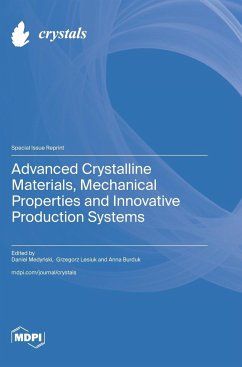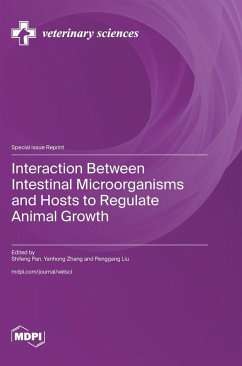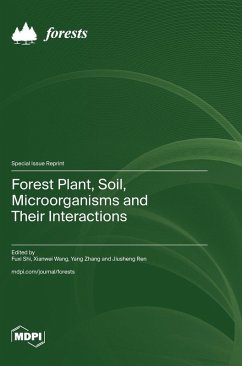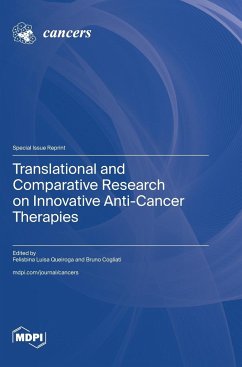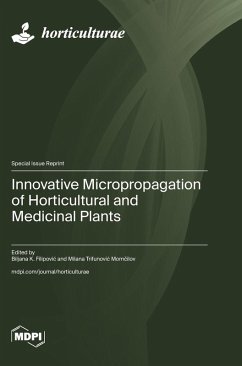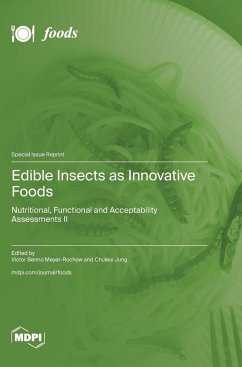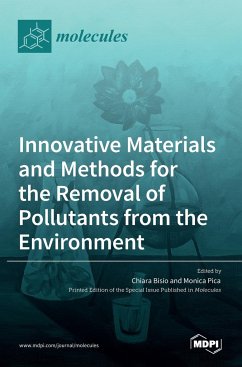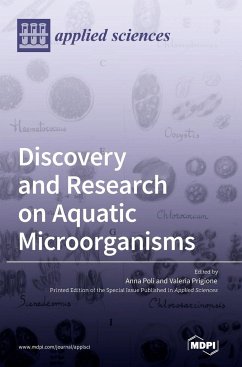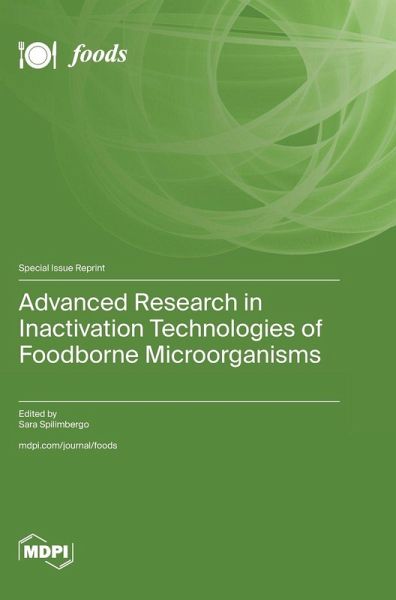
Advanced Research in Inactivation Technologies of Foodborne Microorganisms
Versandkostenfrei!
Versandfertig in 1-2 Wochen
74,99 €
inkl. MwSt.

PAYBACK Punkte
37 °P sammeln!
During the last few decades, alternative inactivation processes have gained increasing attention from the food industry. These involve alternative technologies to thermal treatments that have unquestioned limitations, such as the denaturation of thermolabile compounds and the substantial modification of nutritional and sensorial aspects, of which the modern consumer is increasingly aware. Indeed, they show great potential for the inactivation of foodborne microorganisms on a wide range of both solid and liquid food products, assuring their microbial safety without altering their fresh-like asp...
During the last few decades, alternative inactivation processes have gained increasing attention from the food industry. These involve alternative technologies to thermal treatments that have unquestioned limitations, such as the denaturation of thermolabile compounds and the substantial modification of nutritional and sensorial aspects, of which the modern consumer is increasingly aware. Indeed, they show great potential for the inactivation of foodborne microorganisms on a wide range of both solid and liquid food products, assuring their microbial safety without altering their fresh-like aspects and quality. This Special Issue aims to highlight the major progress achieved in the last decade, demonstrating that innovative technologies are now mature enough to be used in the industry for the microbial stabilization of food. In particular, it brings together ten research papers presenting different techniques, such as supercritical carbon dioxide, pulsed light, UV and plasma, applied to different food products and documents their effects on food safety and quality.



